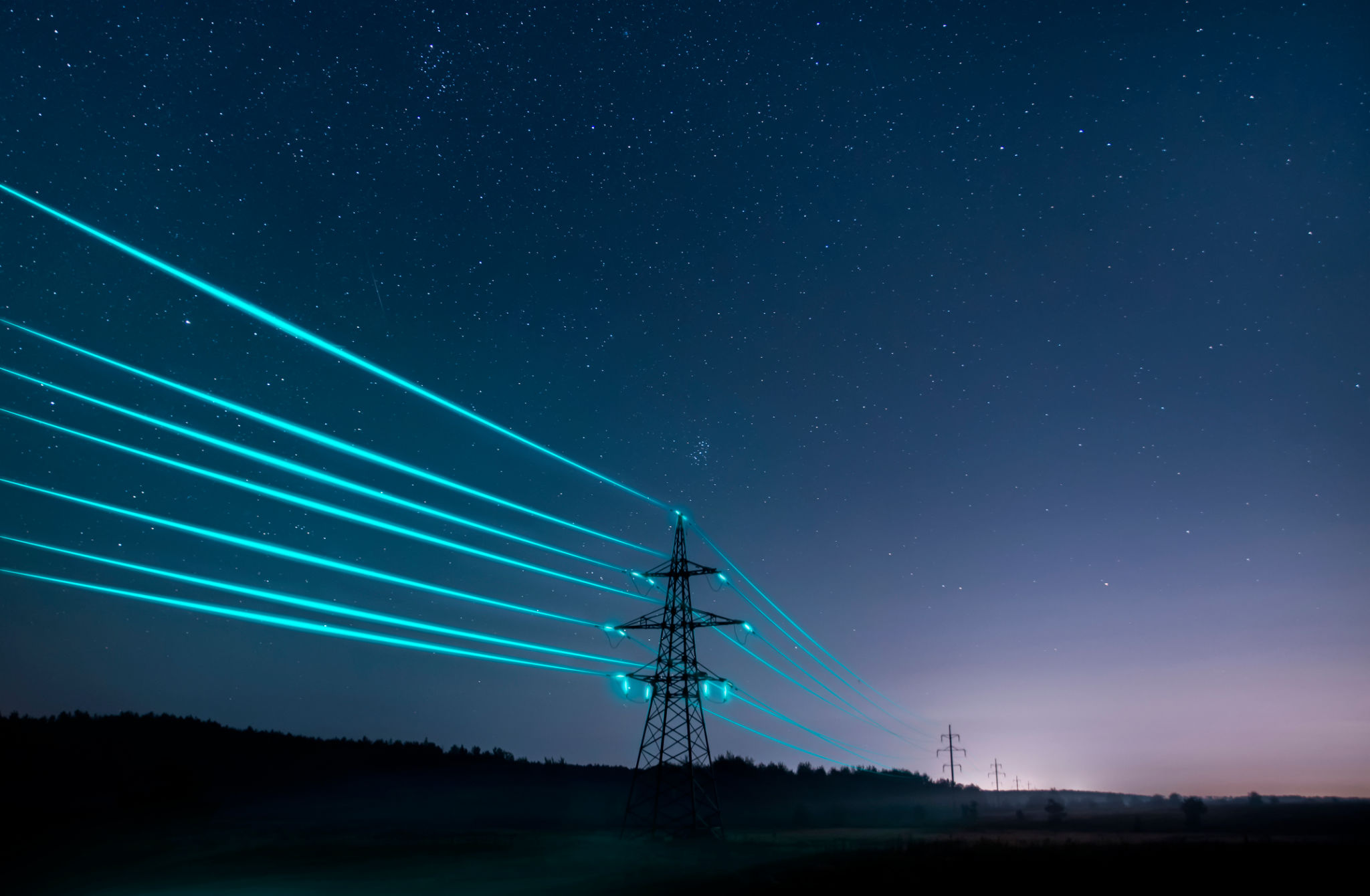From Waste to Watts: Exploring the Potential of Organic Waste in Generating Electricity
The Growing Need for Sustainable Energy Solutions
As global energy demands continue to rise, the search for sustainable and renewable energy sources has become a critical focus. One innovative solution that is gaining traction is the generation of electricity from organic waste. This approach not only addresses the challenge of waste management but also contributes to reducing our reliance on fossil fuels.
Understanding Organic Waste
Organic waste encompasses a wide range of materials, including food scraps, agricultural residues, and even sewage. These materials are rich in organic compounds that, when decomposed, release gases such as methane. Methane, a potent greenhouse gas, can be harnessed as a valuable energy resource through technologies like anaerobic digestion.

The Science Behind Energy Conversion
The process of converting organic waste into electricity primarily involves anaerobic digestion. During this process, microorganisms break down organic matter in the absence of oxygen, producing biogas—a mixture predominantly composed of methane and carbon dioxide. This biogas can then be used to power generators, producing electricity efficiently.
Benefits of Using Organic Waste for Electricity
Utilizing organic waste for energy production offers numerous environmental and economic benefits. By diverting waste from landfills, we reduce methane emissions and minimize the environmental impact of waste disposal. Furthermore, this method promotes a circular economy by turning waste into a resource, creating jobs in the renewable energy sector.

Real-World Applications and Success Stories
Several countries and municipalities have already embraced this innovative approach. For instance, Sweden has been converting household waste into biogas for public transportation, significantly reducing its carbon footprint. Similarly, in India, community-scale biogas plants are transforming agricultural residues into electricity for rural households.
Challenges and Considerations
Despite its potential, there are challenges associated with using organic waste for electricity generation. These include the initial investment costs for infrastructure and technology, as well as the need for efficient waste collection and segregation systems. Governments and private sectors must collaborate to address these hurdles effectively.

The Future of Waste-to-Energy Technologies
The future looks promising for waste-to-energy technologies. As technological advancements continue to improve efficiency and reduce costs, more communities are likely to adopt these solutions. Research is ongoing to explore new methods of maximizing energy output from organic waste while minimizing environmental impacts.
Conclusion: A Step Towards a Greener Future
The transition from waste to watts represents a significant step towards a more sustainable future. By harnessing the potential of organic waste to generate electricity, we can simultaneously address waste management challenges and contribute to the global effort in combating climate change. This innovative approach exemplifies how we can create sustainable solutions by viewing waste as a valuable resource rather than a burden.
